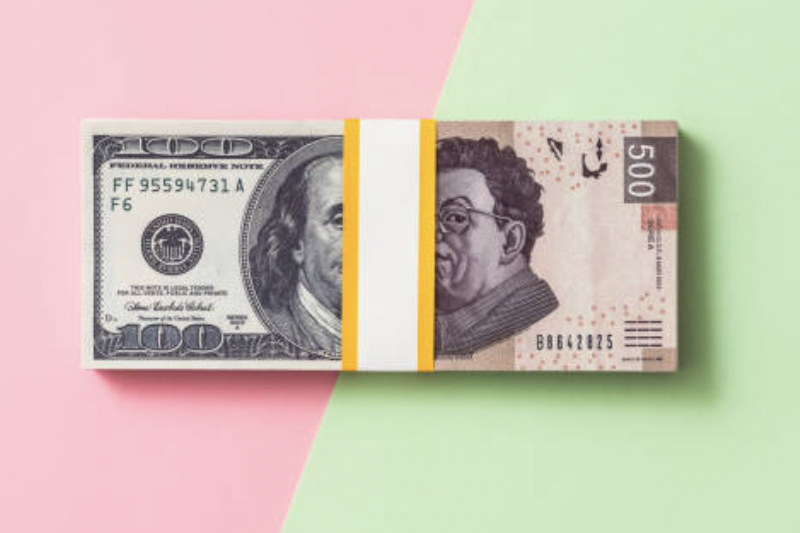The penalty for late credit card payments

The penalty for late credit card payments will be capped under a new rule issued in the United States.
The Consumer Financial Protection Bureau (CFPB) unveiled Tuesday, March 6, a new rule that will cap credit card late payment penalties at $8.
Penalties will be drastically reduced, currently averaging about $32.
In this sense, there will be a cap on the penalty for late credit card payments, which is expected to save more than 45 million card users about US$220 per year, the CFPB said in a statement.
The new rule, which was expected after an initial proposal was submitted last year, comes after the agency conducted a review of the 2009 Card Act.
Regulations tied to it granted banks the power to charge ever-increasing fees for late payments.
“For more than a decade, credit card giants have taken advantage of a loophole to charge billions of dollars in junk fees to U.S. consumers,” Rohit Chopra, director of the CFPB, said in the statement.
On the credit card late payment penalty, the rule ends the era of large credit card companies hiding behind the excuse of inflation by raising fees on customers to skyrocket their own profits.
READ MORE: MORTGAGE RATES ARE HIGH IN THE U.S.

Junk fees: Penalty for late credit card payments
The announcement is the latest affront in President Joe Biden’s war on so-called junk fees.
Large credit card issuing banks have been increasing the cost of late payment penalties since 2010, with fees topping $14 billion in 2022, according to the CFPB.
The industry benefits from customers with low credit scores, who rack up an average of $138 per year in late fees, Chopra said.
It is worth noting that the rule limiting the credit card late payment penalty does not affect card interest rates
The rule, which applies to card issuers with at least one million open accounts, also ends automatic inflation adjustments for late fees.
Instead, the agency indicated that it would adjust the rate if necessary to cover collection costs, and that card issuers can charge higher rates if they demonstrate that they are necessary. According to the CFPB, the rule does not directly affect interest rates.
An industry group on Tuesday criticized the CFPB’s rule, saying many card users will see interest rates rise and credit availability decrease. The group also questioned the process that led to issuing the rule.
But the agency claims Congress gave it the authority to rejigger the CARD Act.
“The policy goals of the rule are, at best, consumer redistribution, not consumer protection,” Lindsey Johnson, head of the Consumer Bankers Association, said in a statement.
Of concern, they say, is that this rule continues the CFPB’s deeply problematic practice of rushing for headlines and prioritizing them at the expense of due process.
Another industry group, the American Bankers Association, said it is considering options to oppose the CFPB’s new rule.
Republican Senator Tim Scott of South Carolina said in a statement that he would use the Congressional Review Act to fight its entry into force.
READ HERE: MACY’S NEW STORE STRATEGY: LESS FOR MORE.







